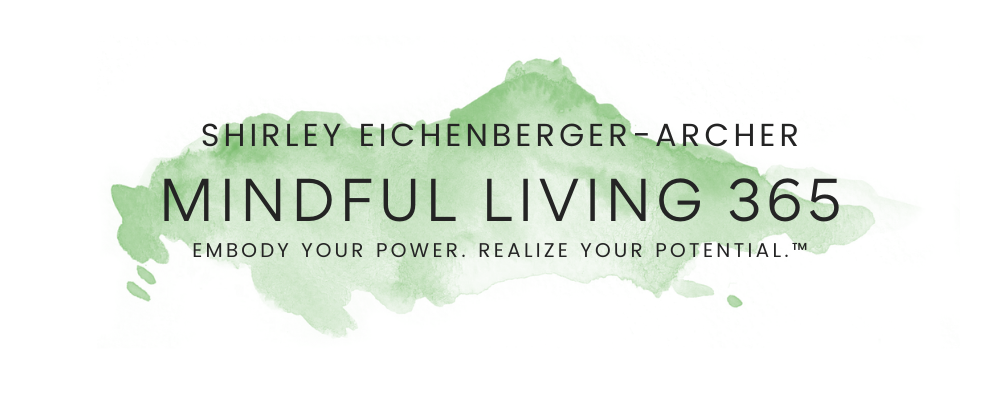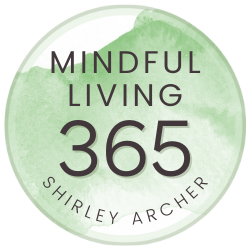5 STEPS TO MORE SELF-KINDNESS: THE ULTIMATE SELF-CARE PRACTICE
Are you feeling more fatigue, frustration, lack of productivity? The pandemic may be a perfect opportunity to practice self-compassion to help you to feel better, to feel more flow and sense of forward movement in your life and even to boost your health. How?
I’m a recovering perfectionist. This character trait can be life-saving in dire circumstances. After I experienced a traumatic life event at 16, I didn’t want to get out of bed. But, I told myself I’m a survivor. I can do anything I set my mind to. I did it. My power to motivate myself got me out of that bed, back into my life.
This character trait can also be life-blocking. “Why aren’t you doing better? Everyone one else does this so well. What’s wrong with you?“ I can become paralyzed with fear that I won’t do an amazing job. This fear can slow me down from trying new things. I’ve learned to be okay with making mistakes—to live and learn and become better. But, oh, this can be so hard.
Here’s how self-compassion helps life flow again when you‘re feeling stuck.
What I’ve learned is that offering myself kindness can be huge to unfreeze the barriers that prevent my life from flowing. I practice letting myself be okay with trying to do things. I offer myself support for my best efforts even if it falls short of the best thing that ever happened. I’m learning to give myself a pat on the back. And, even more importantly, to forgive myself.
This is self-compassion in action. Self-compassion is nothing more than offering the same kindness and support to yourself that you would give to a good friend or loved one. Practicing self-compassion and forgiveness is a significant self-care practice. We can strengthen our ability to be kind toward our self with practice. I know because I work on this all the time!
As you increase mindful awareness of your thoughts, you may notice more of your self-talk and hear when you criticize yourself for not living up to your own high standards. Often, we speak more harshly to ourselves, than to any one around us.
Now, as we navigate the end of this pandemic that feels like forever, you can practice giving yourself some extra kind understanding.
For example, you may be feeling more fatigue, frustration, lack of productivity. Don’t beat yourself up! You are human. These challenges are real.
Offer yourself kind understanding instead.
The following 5 steps are based on the modern mindfulness practice of R.A.I.N. with additional insight from compassion research. The last point is one impressed upon us by ancient wisdom teachings and reinforced by contemporary studies.
5 Steps:
Recognize what you’re feeling. Reflect on what emotions are dominating your frame of mind. Is it sadness, anger, fear, happiness or boredom? Often when our minds are racing, we’re experiencing multiple emotions. Reflect on what combination you can identify.
Allow. Let yourself be with what is. Instead of trying to push away negative feelings, judge your feelings as ‘right’ or ‘wrong’ or ignore them, allow yourself to accept that you have negative feelings. For example, if it’s true, acknowledge: “I’m feeling tired, frustrated. I want this to end.” Notice how it feels to let yourself allow what’s simply there, to be as it is. In other words, stop struggling with reality. The more you fight in your mind by trying to deny what’s real in your heart, the more you heighten your negative experience. It makes it worse.
Investigate. You might want to journal. Notice where you feel emotions in your body. As you let them be, look deeper. Can you identify what’s causing them? Is it reminding you of anything else in your past? Investigate the ‘stories’ you attach to what those feelings mean to you in your life. For example, are you catastrophizing? If yes, can you think of what may have happened to cause you to associate the worst case scenario with a particular emotional combination?
Nurture. Ask your inner wisdom what do you need to feel better? More rest? A bigger perspective? Some laughs? Time in nature? What would help you feel better most? What can you do or give to yourself to lift these emotions?
Notice you’re not alone and forgive/accept yourself. Often, we feel like we’re the only ones that feel a particular way. The ego can be very self-centered when given a chance. But, the good news is that we’re human, similar to many of our fellow humans. We even share some emotions with our fellow mammals. Notice how your dog or cat enjoys comfort and reassurance. We all do.
You are not alone. So, give yourself a break. What we’re all experiencing is hard. Life is not perfect. Acknowledge and know you’re doing your best. If you feel that self-judgment creeping in, notice it and perhaps ask it to give you a break. Perhaps acknowledge that what you need most right now is simply support. Be that support that you need.
Join the VIP Mailing List to watch a free webinar on how to create more inner peace.
I'm Shirley and I'm passionate about helping you live a happier, healthier life. Learn more…
If this post helped you, please share with friends now, by using the social buttons above. Thanks!
15 Minute Guided R.A.I.N. Meditation
If you prefer to listen to podcasts, you can download this onto your smart phone:
Visit my YouTube channel to subscribe for more tips. Have you downloaded Your Path to Peace? Go from stressed and anxious to calm and at ease in 5 simple steps. If this post helped you, please share with friends now, by using the buttons below. Thanks!




